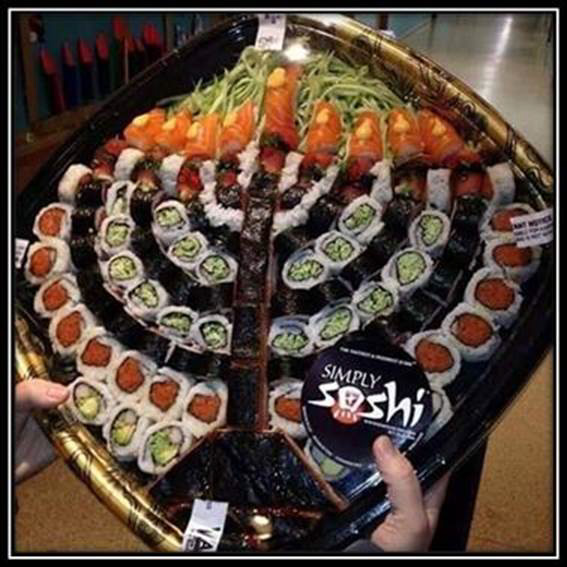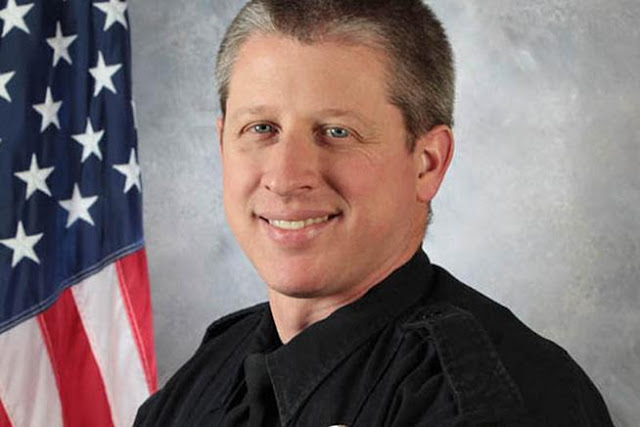
As 2016 is about to begin, I realize that every "closed door" in my life has lead to a much better "open door!"
I still remember the day I was told when my contract was not renewed at a private school in Downey that "God opens doors and closes doors. Consider this door closed." I was devasted...but the closing of that door led to three wonderful years of my husband Dan and I living in the wonderful Atherton House which was and is one of the most happy times in my life.
When the Atherton House adventure ended, Dan and did many other things together while enjoying our little apartment on top of a garage at 14th and Ximeno in Long Beach, California.
Teaching skating at Brea and Costa Mesa and Paramount was a special time, and when the "door" at Paramount ended (I did not believe then that I'd ever teach skating again), a great new opportunity opened up for Dan and I to move to San Fransciso and work for JFJ in 1988. We truly believed then that a new adventure was opening for us that could lead to a lifetime of travel and doing things that others didn't do.
But...
When Moishe Rosen decided that I should not work for JFJ again and told me so at a meeting in early December 1989, I was again devasted, but that "closed door" led to two much happier jobs for me in the San Francisco Bay area (one was teaching skating again).
And...then....
That closed door in JFJ led to Dan and I considering leaving JFJ and that opened up the door to move to Colorado Springs at the end of 1991 which led to nearly 25 years of a life in Colorado Springs, Colorado. There, Dan and I bought and paid off a home and raised three beautiful children. I taught skating in Colorado Springs and the kids became accomplished competitive skaters. We all learned to ski and love the snow. Life in Colorado was good.
All that skating and training led to my son Joel having an amazing adventure now with Disney On Ice Frozen. Annabelle is a US Figure Skating Quadruple gold medalist and Rebekah has Five Gold Medals. I wonder sometimes what those medals might do for their future, but it is great to have those credentials.
Now...
Certain doors have been shut for some of the members of my family in Colorado Springs. Rebekah has left Colorado Springs for good after our family was banned from The Colorado Springs Conservatory (without explanation), the place that had been her "entire world and life." I wonder now which direction her life will go, but that door being shut may have been the best thing that could have happened to her and our family.
Further Reading:
- Summary of My Family's Experience With the Colorado Springs Conservatory
- My Thoughts on 11-17-15 Gazette Article Regarding the Colorado Springs Conservatory
- Born Blue Musical Review (by a parent of one of the members of the cast)
- Remembering Born Blue's Preview at The Mezzanine - Wednesday, October 28, 2015
- A Parent's Review of Working - A Musical Put On By the Colorado Springs Conservatory June 18 through June 20, 2015
- My Comments on Linda Weise Receiving an Award for Compassion and Kindness
- My Thoughts and Opinion About the Colorado Springs Conservatory's Partnership With Harrison School District 2 and Mountain Vista Homeschool Academy
- My Thoughts and Wishes for Colorado Springs
- Why I May Not Recommend Moving to Colorado Springs, Colorado, USA
- Colorado Springs Conservatory Unpaid Invoice
- Unpaid Colorado Springs Conservatory Invoice Update 12-19-15






















